Google’s IP Protection Raises Concerns for Some Advertisers
Ad Monsters
JANUARY 9, 2024
Some Advertisers are Worried Some have raised concerns about the potential impact of IP Protection on ad targeting and measurement. Location-based targeting will take a hit, which for some advertisers means more than just retargeting users’ mobile devices as they pass by a brand’s retail outline.




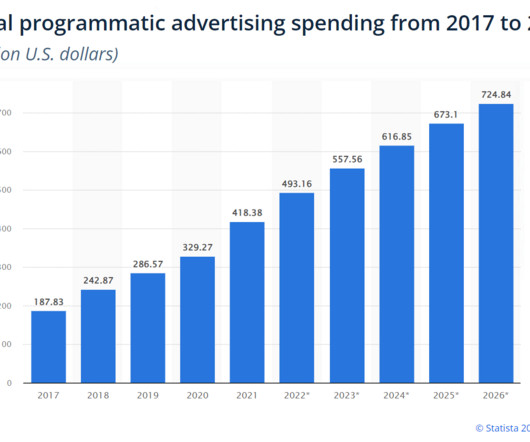
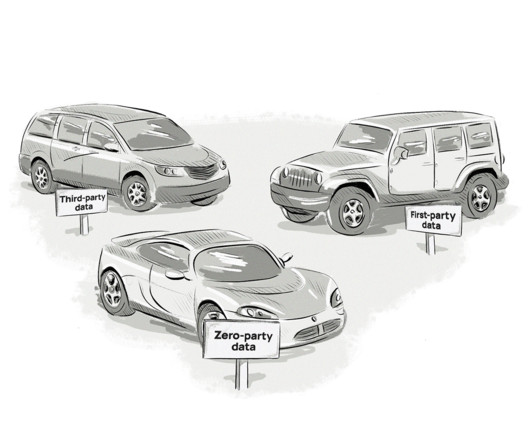

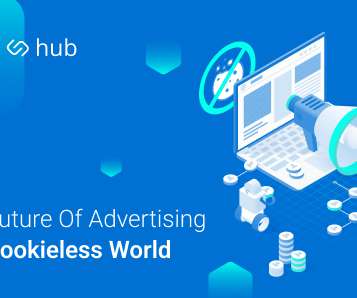
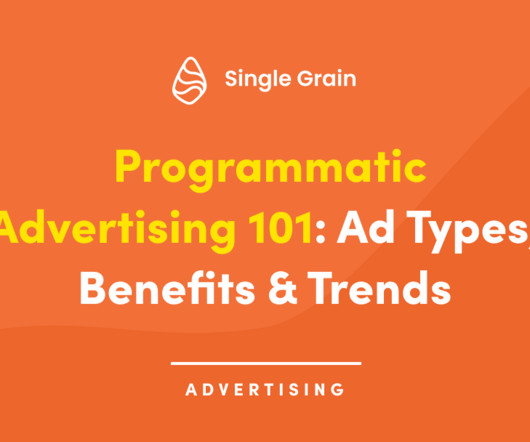

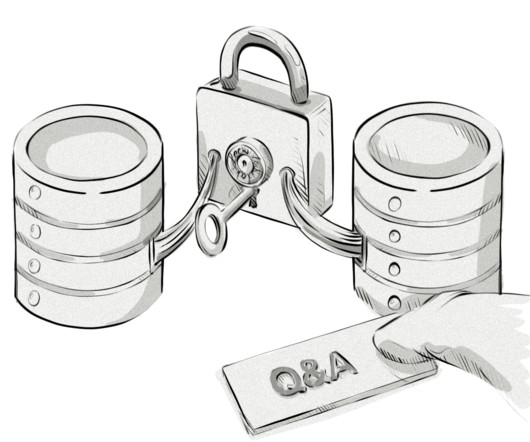







Let's personalize your content